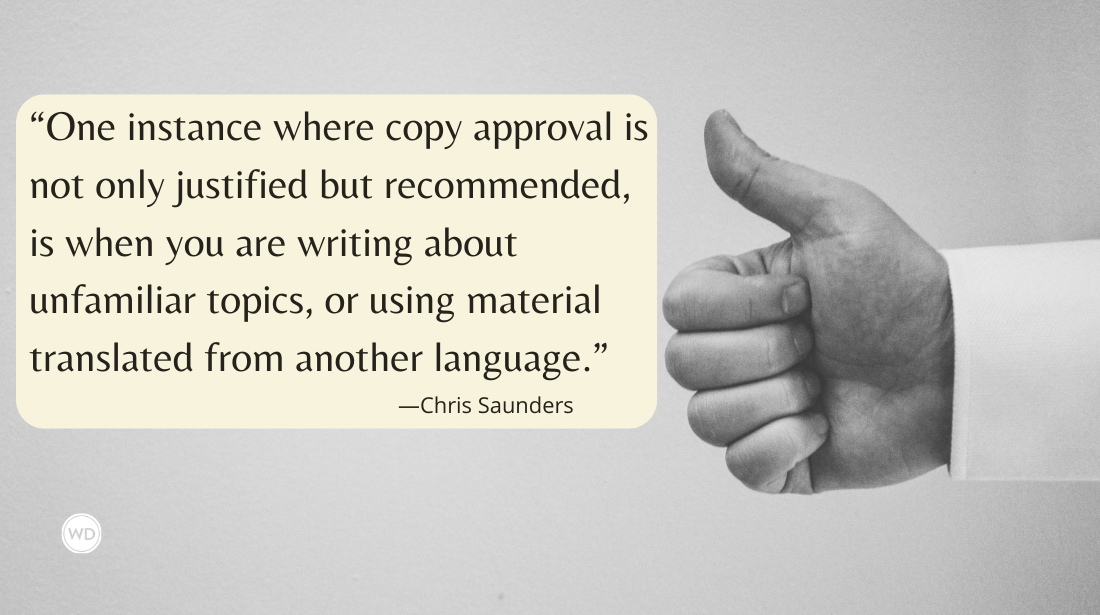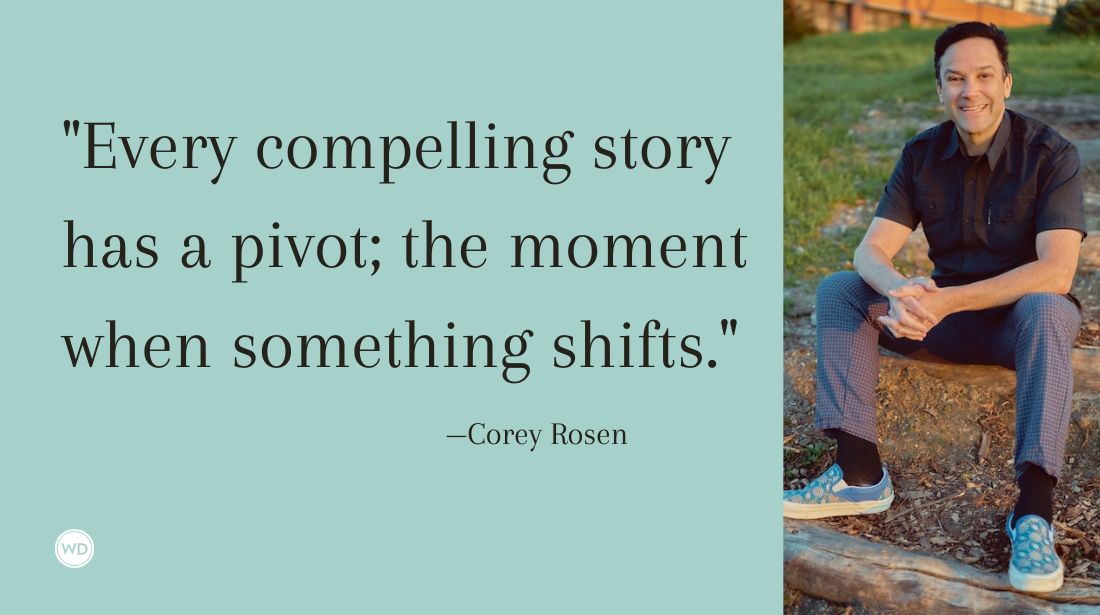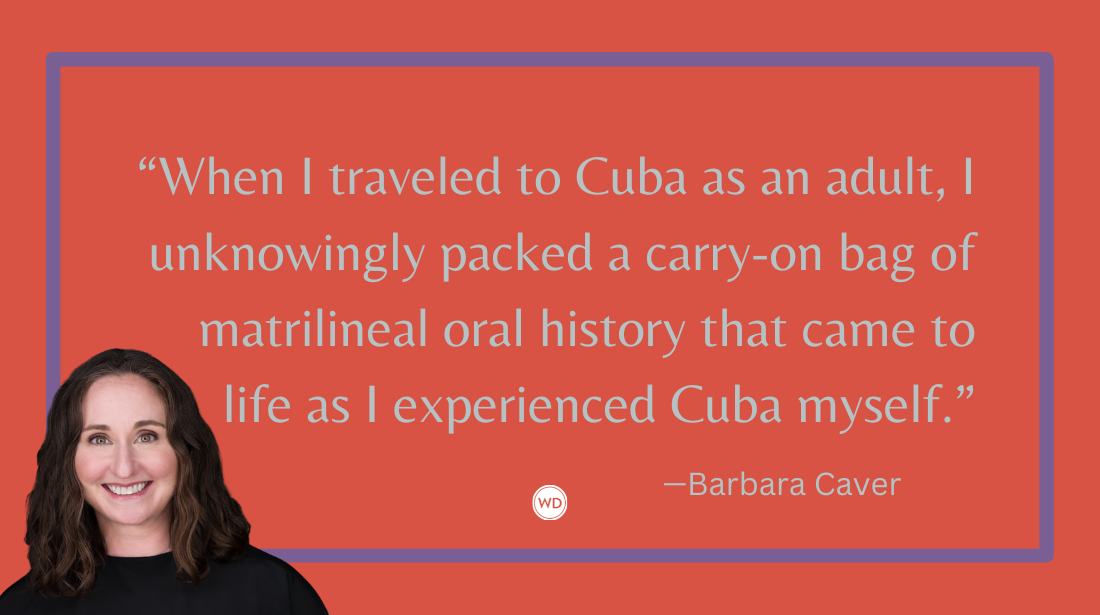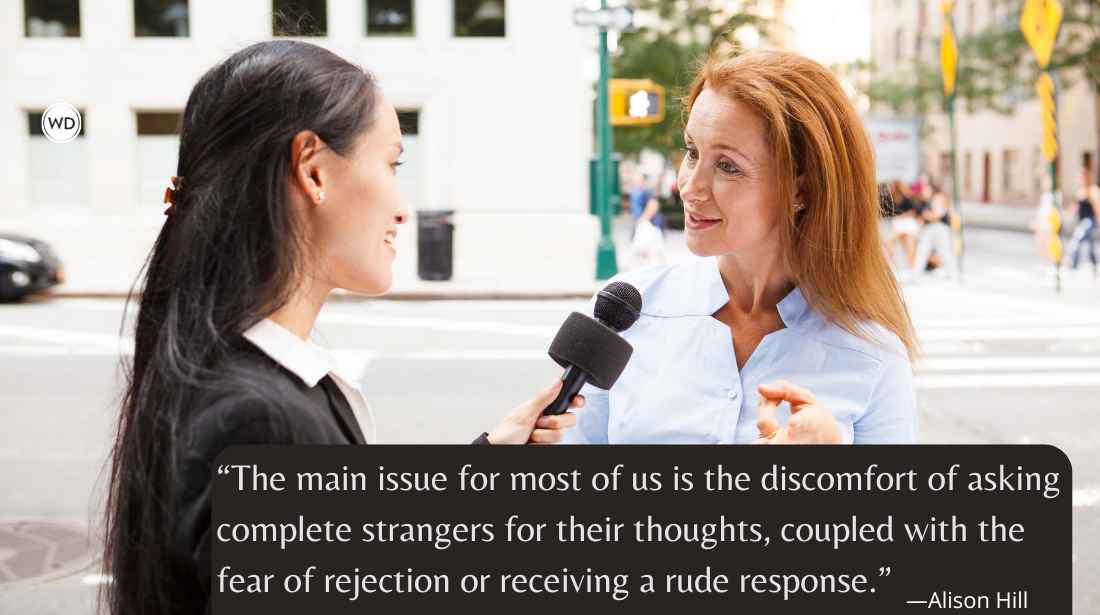Tips for Writing and Selling the Book-Length Memoir (Part 2 of 2)
“Is my life fascinating enough?” That’s the question raised today in a special guest column by journalist and memoir writer Ethan Gilsdorf, author of Fantasy Freaks and Gaming Geeks. (This column is Part 2 of 2. See Part 1 here.) If you’re interested in writing life stories and memoir, check out Ethan’s Boston-based, eight-week intensive memoir class (next class begins Jan 26, 2010).
"Is my life fascinating enough?" That's the question raised today in a special guest column by journalist and memoir writer Ethan Gilsdorf, author of Fantasy Freaks and Gaming Geeks. (This column is Part 2 of 2. See Part 1 here.) If you're interested in writing life stories and memoir, check out Ethan's Boston-based, eight-week intensive memoir class (next class begins Jan 26, 2010).
Many memoirs plumb the depths of childhood, coming of age, trauma and family. But what if your life story alone doesn't seem all that memorable? You can still write a book-length "not all me" memoir (or series of connected essays) that combines the personal with travel, pop culture, some quirky interest, passion or quest. Here are some considerations the tips that will help you adapt your personal history and life experiences in memoir, establish your expertise and turn articles into a full-fledged book idea, and shape a raw idea into a real story and find a structure for telling the story. (And by the way, a thank you to Emily Franklin for her contributions to these lists.)
1. Find a hook: make an ordinary thing (a marriage, for example) sound extraordinary (agree to have sex with your spouse every single day for one year and document it. Note: This has already been done – twice!). The less amazing/newsworthy your idea is, the better writing and storytelling has to be (with exceptions).
2. Start small -- master the essay, the article, the chapter before you take on the entire book. Think of chapters as potential articles first. Strategize to turn a series of related articles into a full-fledged book idea.
Order a copy of Ethan Gilsdorf's Fantasy Freaks and Gaming Geeks today.
3. Publish widely to establish a track record as proven writer and prove you have the writing chops. Agents are more likely to take chance on you if you’ve already published on topic in magazines, newspapers. If you haven’t published short pieces yet, get to work!
4. Document as you experience – make a record of dialogue and thoughts (and keep receipts for tax purposes). If you can’t remember your life or experiences, is it OK to make stuff up? Remember to be truthful to the spirit of the scene in any recreations. In addition to memory, use your reporting skills: interviewing, researching, field work.
5. Pitching the proposal: Take classes, read books, seek expertise on writing a book proposal. Understand what a nonfiction book proposal contains: synopsis; methodology, style and approach; target audiences; promotion and marketing strategies; similar books;
format and delivery; chapter outline; author bio.
6. Network, go to conferences, to gauge interest in your idea, meet editors and agents.
Ethan Gilsdorf is a memoir writer, journalist, critic, editor and teacher. He has contributed to The New York Times, Boston Globe, National Geographic Traveler, Psychology Today and more. Win a copy of his book online, see check out his personal website.









